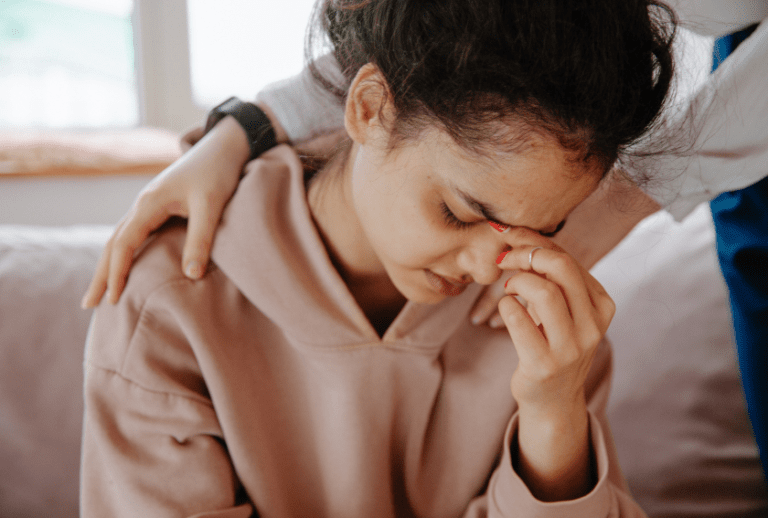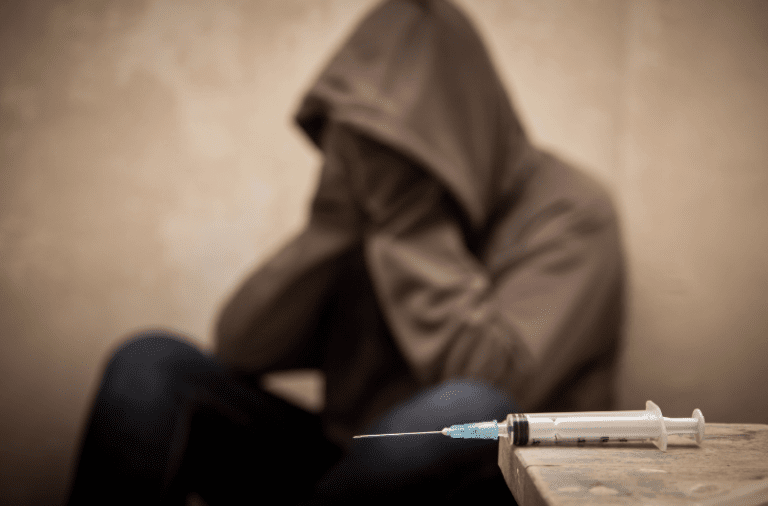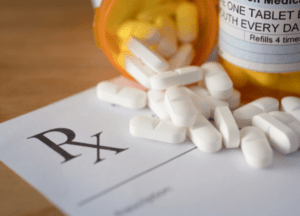7 Effective Rehab Resources to Help With Substance Abuse in NC
Addiction is defined by the National Institute on Drug Abuse as “a chronic, relapsing disorder characterized by compulsive drug seeking, continued use despite harmful consequences, and long-lasting changes in the brain. It is considered both a complex brain disorder and a mental illness. Addiction is the most severe form of a full spectrum of substance use disorders, and is a medical illness caused by repeated misuse of a substance or substances.”
On average, addiction claims the lives of over 100 people every day, and that number has only increased. If you or a loved one are struggling with substance abuse, here are 7 effective rehab resources.
7 Effective Rehab Resources to Help With Substance Abuse
1. Understanding Your Triggers
Understanding your triggers is a crucial aspect of substance abuse recovery and relapse prevention. In rehab, individuals generally work one-on-one with a psychotherapist who can assist in the process of identifying the underlying causes and factors that lead a person to abuse drugs and alcohol. The client and therapist can then work together to form an individualized relapse prevention plan.
2. Mindfulness
Mindfulness is the practice of cultivating moment-to-moment awareness of thoughts, feelings, and surroundings without judgment. This can be done in any number of ways, and thousands of exercises have been created to help facilitate this practice. Many exercises include meditation, breathing exercises, body scans, and embodied movement, and can be an extremely beneficial resource for substance abuse.
3. Grounding
Getting into nature or taking slow, deep breaths are simple grounding techniques that can be very helpful when in recovery from substance abuse. The challenges of early recovery can leave a person feeling ungrounded, and spending too much time thinking and dwelling on problems or fears can put someone in a dark headspace. Simply getting grounded back into the present moment can help immensely.
4. Creativity
Many rehabs offer art therapy or other creative expression opportunities as part of their treatment schedule. Creativity can be a useful and relaxing way to process experiences.
5. Gratitude
Practicing gratitude can provide an instant uplifting mental shift. Starting a daily habit of writing a gratitude list with 5 or 10 things on it that you’re grateful for can help provide a positive outlook.
6. Community
We are social creatures, and knowing that you are not alone in what you are going through can be life-affirming. Community can not only provide a sense of belonging but also support when navigating the challenges of living a sober life.
7. Continued Support
Continued support after rehab, whether that is aftercare, 12-step meetings, or sober living, is an important part of sustaining sobriety. Most people cannot stay sober all on their own, and it can be a jarring upheaval to leave an immersive rehab program without any continued support set up. Continued support can provide accountability, guidance, and reminders that you are not alone and are supported on your path of recovery.
Oasis Recovery Is Here To Help
If you or someone you love has developed an addiction or dependence on drugs or alcohol, or has relapsed and are wondering how to get help, we encourage you to reach out to the professionals at Oasis Recovery to learn more about our personalized treatment programs and mental health services. Recovery is always possible. Our experts work with you to design a treatment plan that fits your needs. Common treatment programs include:
- Intensive Outpatient Programs (IOP)
- Full-time Addiction Treatment on campus
- Aftercare Services
Contact us today for more information about how our programs and services can help you get your life back on track. We are here for you.











